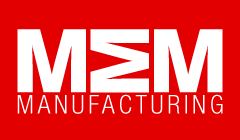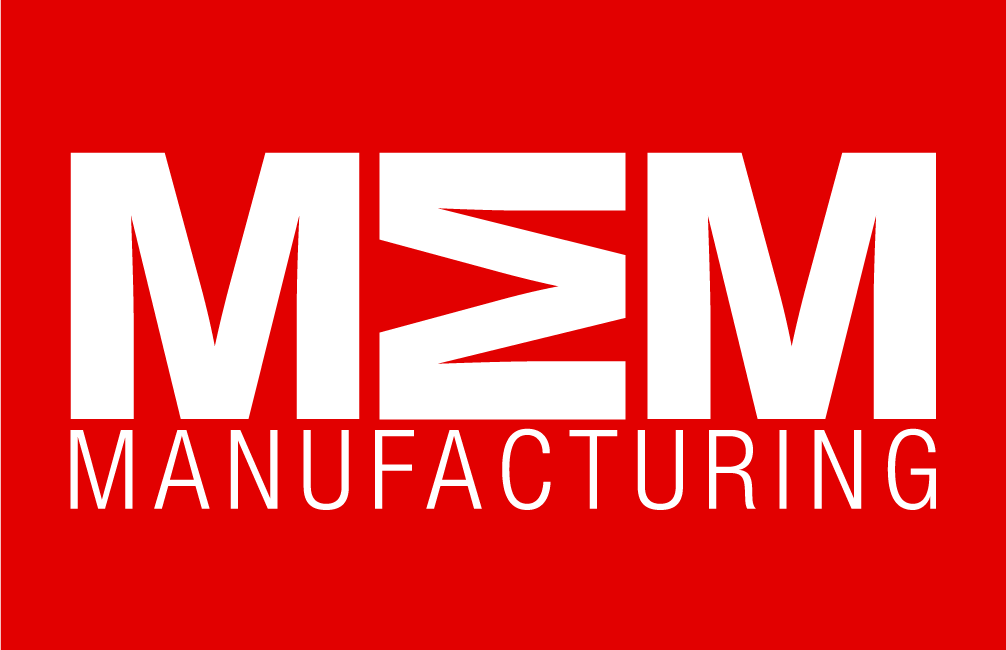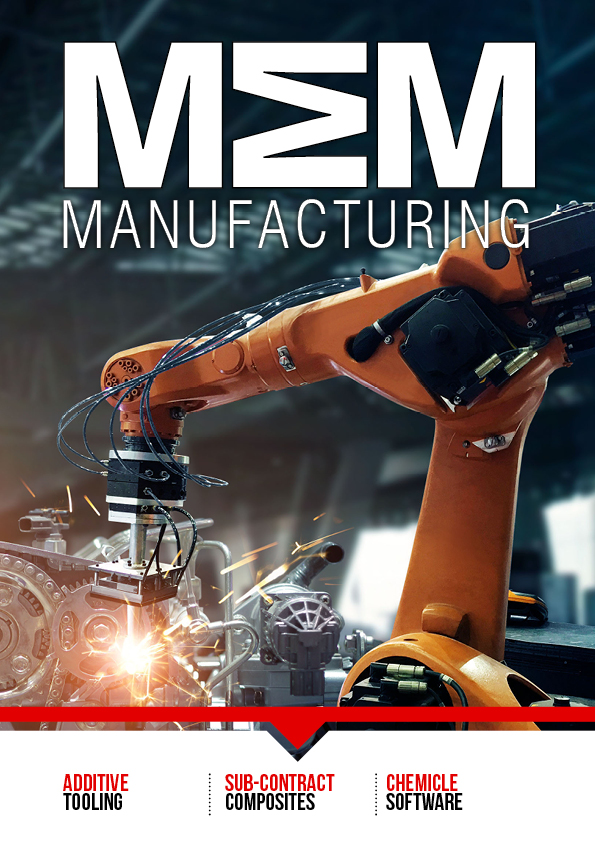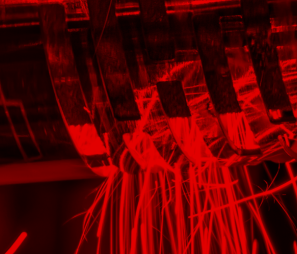To see how manufacturers could embrace digitalisation to drive efficiency and certify quality, the CEO of Digital Catapult, Jeremy Silver, looks into the ways in which the music industry used technology to its advantage.
Due to the invention of the worldwide web and the mp3, a music compression algorithm, music could be posted to the internet and downloaded for free all over the world. Even before that, the CD format and its lack of any form of encryption on it enabled the development of an entirely new form of music distribution – the digital download.
When Spotify was founded in 2006, it created a new generation of music companies, which have taken control of the distribution of music away from the record companies and now own it, offering high quality streams for reasonably priced subscriptions. The data rich relationship that these models create, enables Spotify to use artificial intelligence (AI) to understand and cater to the tastes of its 70 million subscribers.
The Spotify model is a remarkable feat of AI engineering and an indicator of the way in which digital consumer relationships are likely to develop in the future. Understanding the patterns and similarities between different pieces of music is not very different from understanding the patterns of usage of an aircraft’s engine.
This type of collaboration between the manufacturing industry and other sectors that have already been hit by the Internet is required to keep the UK at the forefront of the digital revolution.
Digital breaks down differences between sectors. It is making supply chains cross over and it is enabling expertise that in the past had lived in silos be applicable across sectors, allowing new collaborators to share best practice and join the digital dots between sectors, so that we can all help drive UK digital innovation into the lead in global markets.
Manufacturing & Engineering Magazine | The Home of Manufacturing Industry News
















